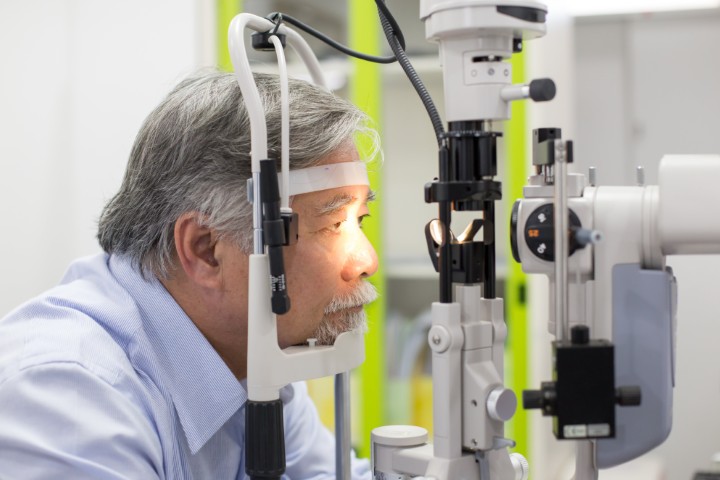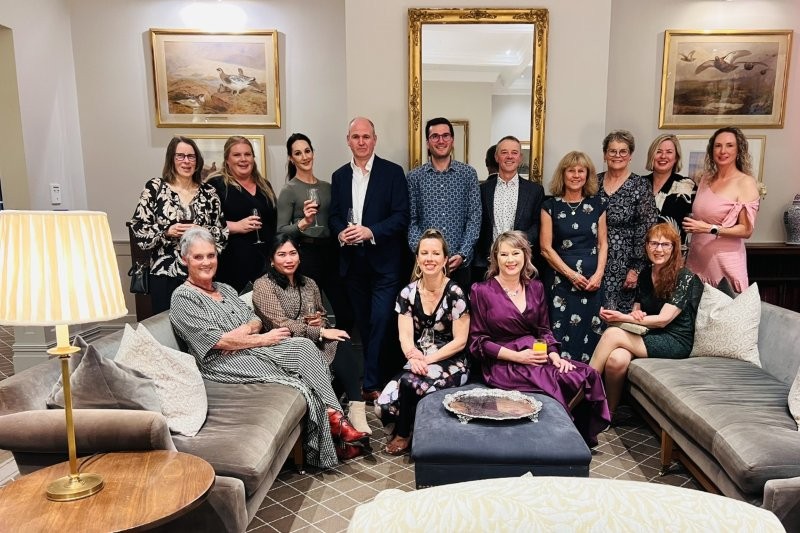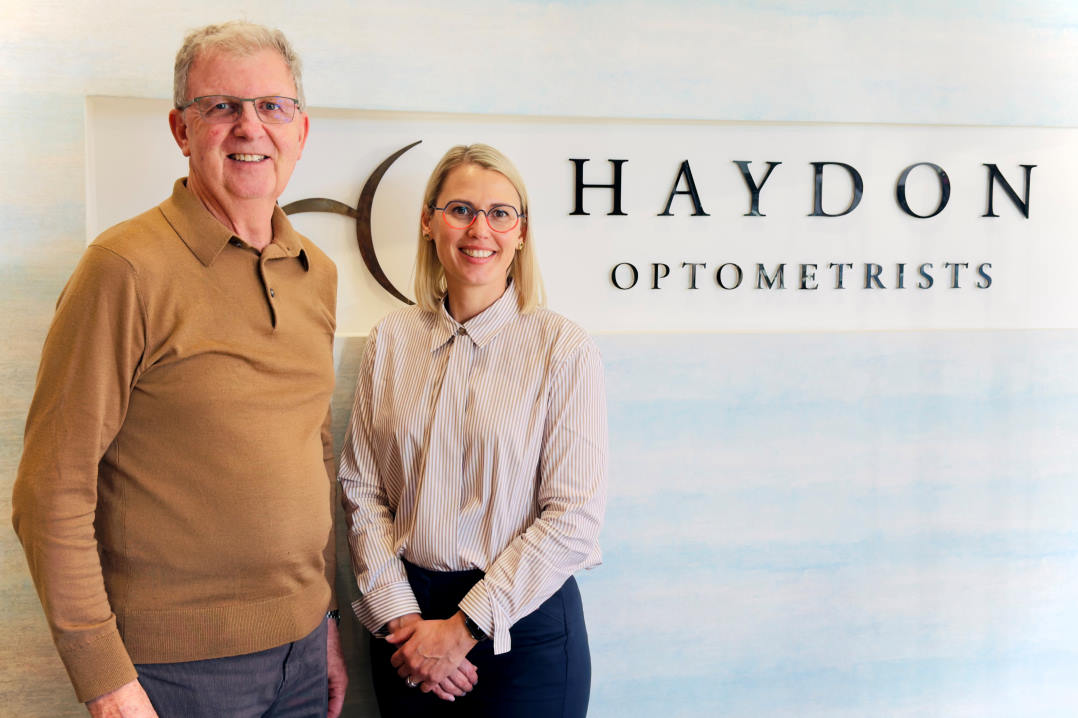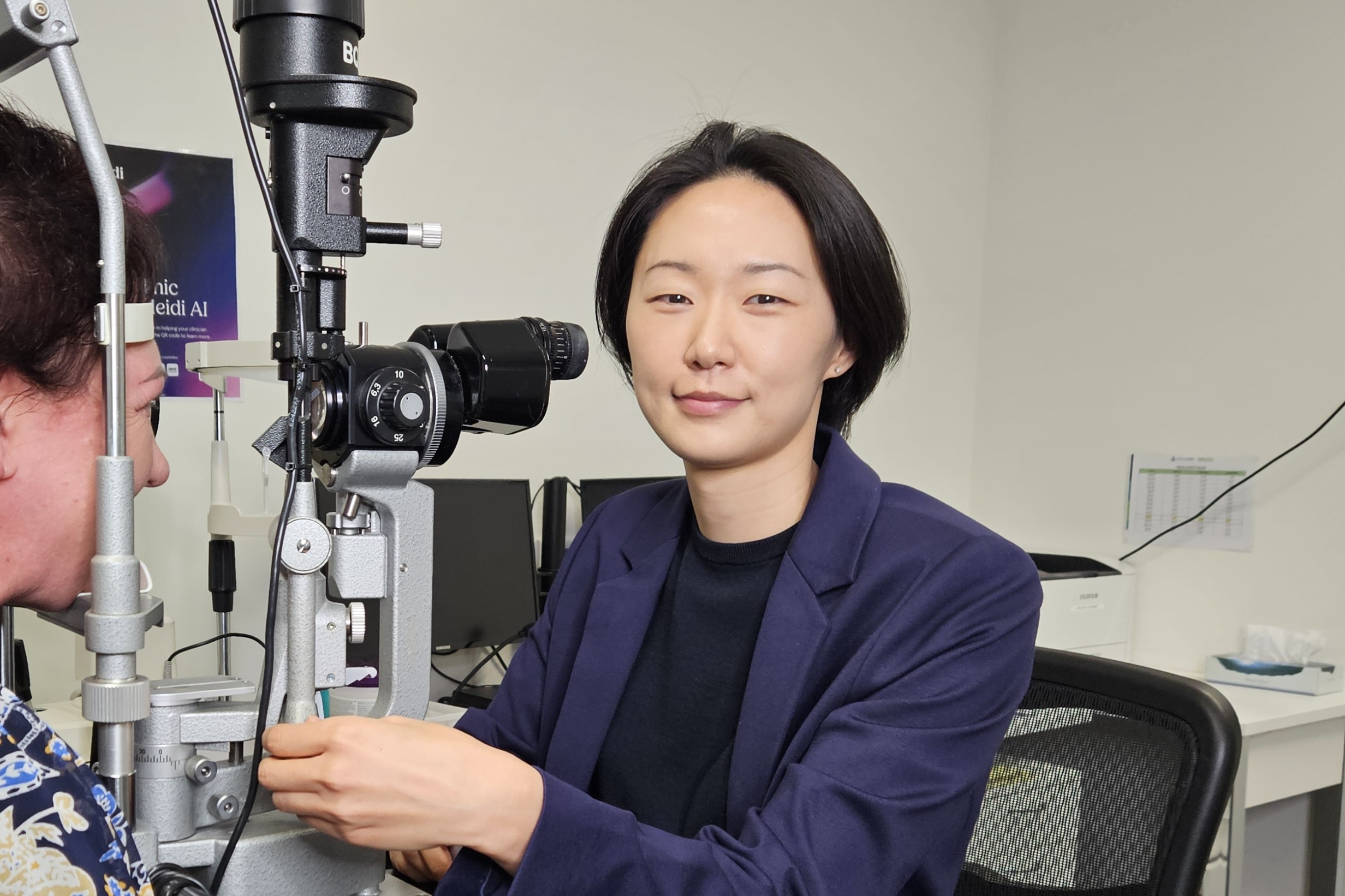AMD awareness declines
The latest research commissioned by Macular Degeneration New Zealand (MDNZ) shows that awareness of AMD in people over the age of 50 has dropped from 60% in 2020 to 55% in 2024.
"While we don’t know the reasons for the drop in awareness levels over the past four years… the clear message is that MDNZ’s awareness-raising work is far from done,” said MDNZ’s general manager Sarah Berman.
The YouGov Research found only two out of five people had heard of AMD and knew it affects the eyes, she said. “Considering the increased risk of AMD from smoking and having AMD in your family, it is never too early to have conversations with young people about how to look after their eyes.” Of those surveyed, three in five had had their eyes checked by a health professional in the past two years. Although one in 10 respondents identified accessibility as a barrier to having an eye health check, the most common factor (42% of those surveyed across both urban and rural communities) was financial cost.
MDNZ ‘professional friend’ Dr Oliver Comyn concurred, saying “what we are seeing in practice is the squeeze on disposable income, especially in the retired age group, making it difficult for them to afford eye tests”. Eye health professionals know the Amsler grid is a simple tool that can make a difference, he said. “In our waiting room the Amsler grid on the wall always gets attention and often triggers conversations. It would be great if every GP practice in New Zealand had one too.”
The research also showed it was more common for rural dwellers not to have had an eye check in over five years (17%), compared to 11% in urban centres. “For many rural people, access to eye health professionals can be challenging; many small rural towns do not have optometry services. The lack of public transport or the travel time to larger centres can be barriers to accessing services,” said Berman.
Importantly, the research also highlighted that those who were aware of AMD were more likely to have had their eyes checked in the last two years and less likely to say they faced barriers to getting their eyes checked.
The online survey was carried out from April–May 2024, with a sample size of 1,155 adults.
























